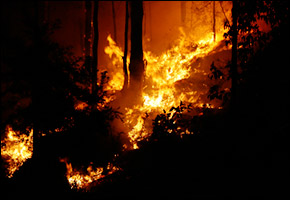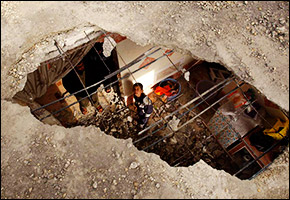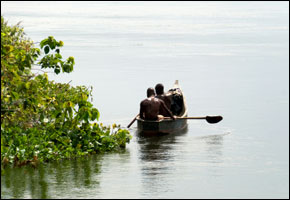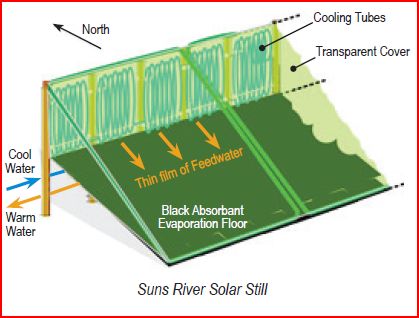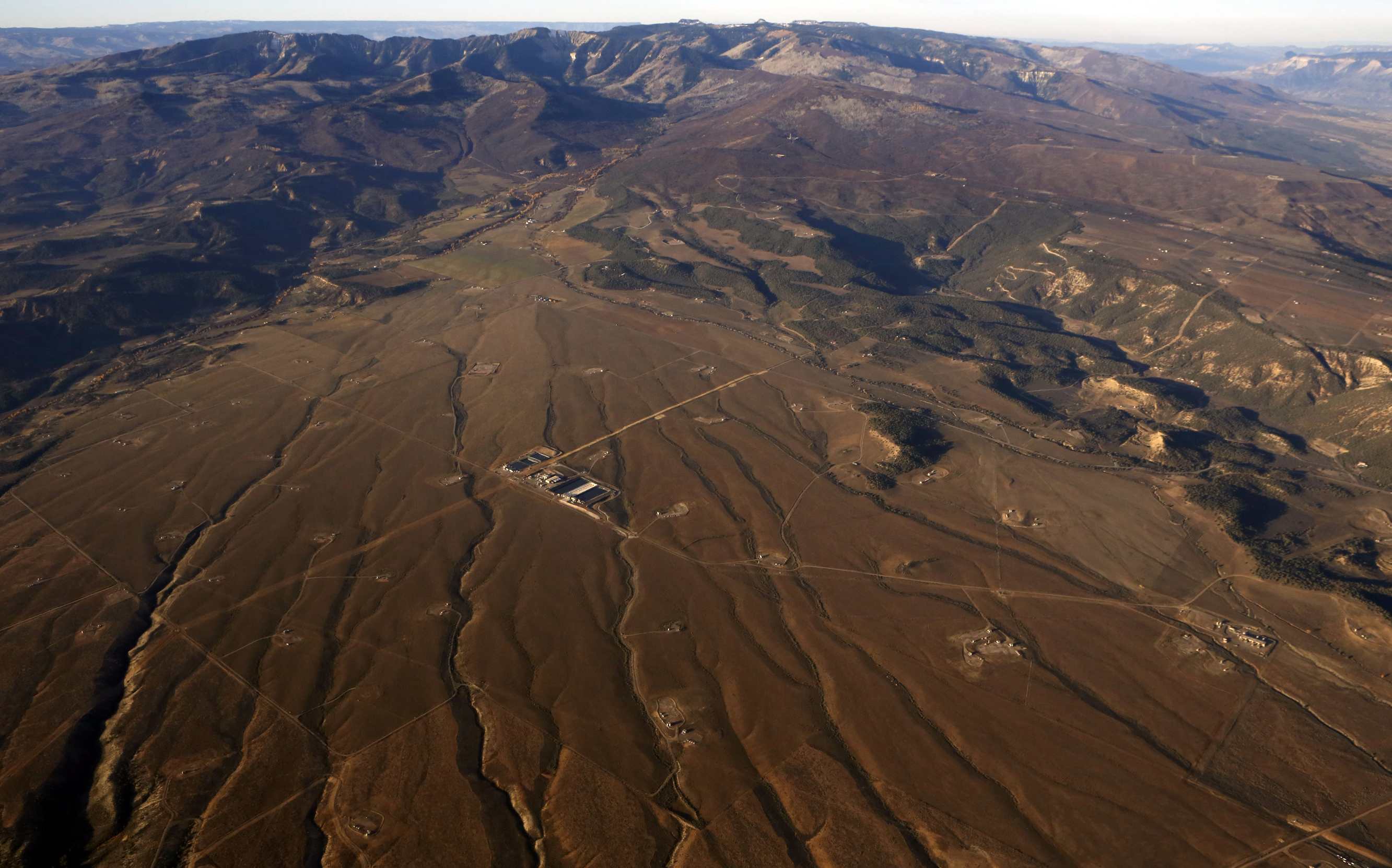Melting Glaciers Changing Europe’s Energy Outlook
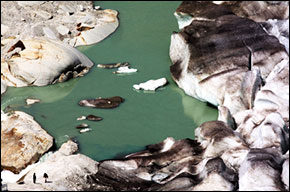 What happens when a dependable source of clean, renewable energy becomes unreliable?
What happens when a dependable source of clean, renewable energy becomes unreliable?
Hydroelectric executives and hydrologists are assessing hydropower’s long-term feasibility in Europe, according to a Reuters report.
Generating potential is expected to fall, especially in the Mediterranean, due to increased variability in glacial runoff, the report states. Europe currently gets 20 percent of its electricity from hydropower.
The Swiss Alps, like the Himalayas, are continental water towers. As the warming temperatures cause glaciers to recede, water availability will shift earlier in the year, meaning less water to generate electricity in the summer.
However, predicting changing climate patterns is filled with uncertainty because regional conditions will vary.
“With climate change there will be some areas in the world with more precipitation year round,” Petra Doell, a Professor of Hydrology at the University of Frankfurt, told Reuters.
“That will mean more hydropower generation even if glaciers melt.”
Climate models predict wetter winters and drier summers for Switzerland, but it is uncertain whether the increased snowfall will compensate for the decrease in glacial runoff.
Norway, on the other hand, will likely see an increase in rain. The country already gets nearly 100 percent of its electricity from hydropower.
One solution for the continent is to create more pumped storage facilities, which use two reservoirs to ensure electricity is available during peak usage times. Water released to generate electricity is held in a lower reservoir and then pumped uphill into the upper reservoir. This system uses cheaper off-peak power during low demand periods. While the process uses more energy than it produces, it helps to regulate the transmission network.
Increasing the amount of pumped storage facilities would work well in Europe because of its liberalized energy market, which allows electricity to move efficiently across the continent, according to an article by Walter Hauenstein, the director of the Swiss Association for Water Resources Management.
Doubts about the reliability of hydropower come at a time in Europe when investment in new facilities is increasing, Renewable Energy World.com reports. The European Union issued a mandate in 2007 that 20 percent of the total energy consumption in member countries must come from renewable sources by 2020.
However, unreliable water supplies threaten the economic viability of many hydroelectric projects, according to a study by professors at the University of Edinburgh. The high costs of building a hydroelectric plant are recovered through revenue from energy sales.
The EU’s Water Framework Directive mandates cost recovery for all water services, meaning prices will go up when resources become scarce.
Source: Reuters, Mountain Research and Development
Learn more about Europe’s hydropower conundrum from Renewable Energy World.com, University of Edinburgh, Circle of Blue, and the European Commission.
Read more from Circle of Blue about glaciers in the Himalayas.
Brett writes about agriculture, energy, infrastructure, and the politics and economics of water in the United States. He also writes the Federal Water Tap, Circle of Blue’s weekly digest of U.S. government water news. He is the winner of two Society of Environmental Journalists reporting awards, one of the top honors in American environmental journalism: first place for explanatory reporting for a series on septic system pollution in the United States(2016) and third place for beat reporting in a small market (2014). He received the Sierra Club’s Distinguished Service Award in 2018. Brett lives in Seattle, where he hikes the mountains and bakes pies. Contact Brett Walton



